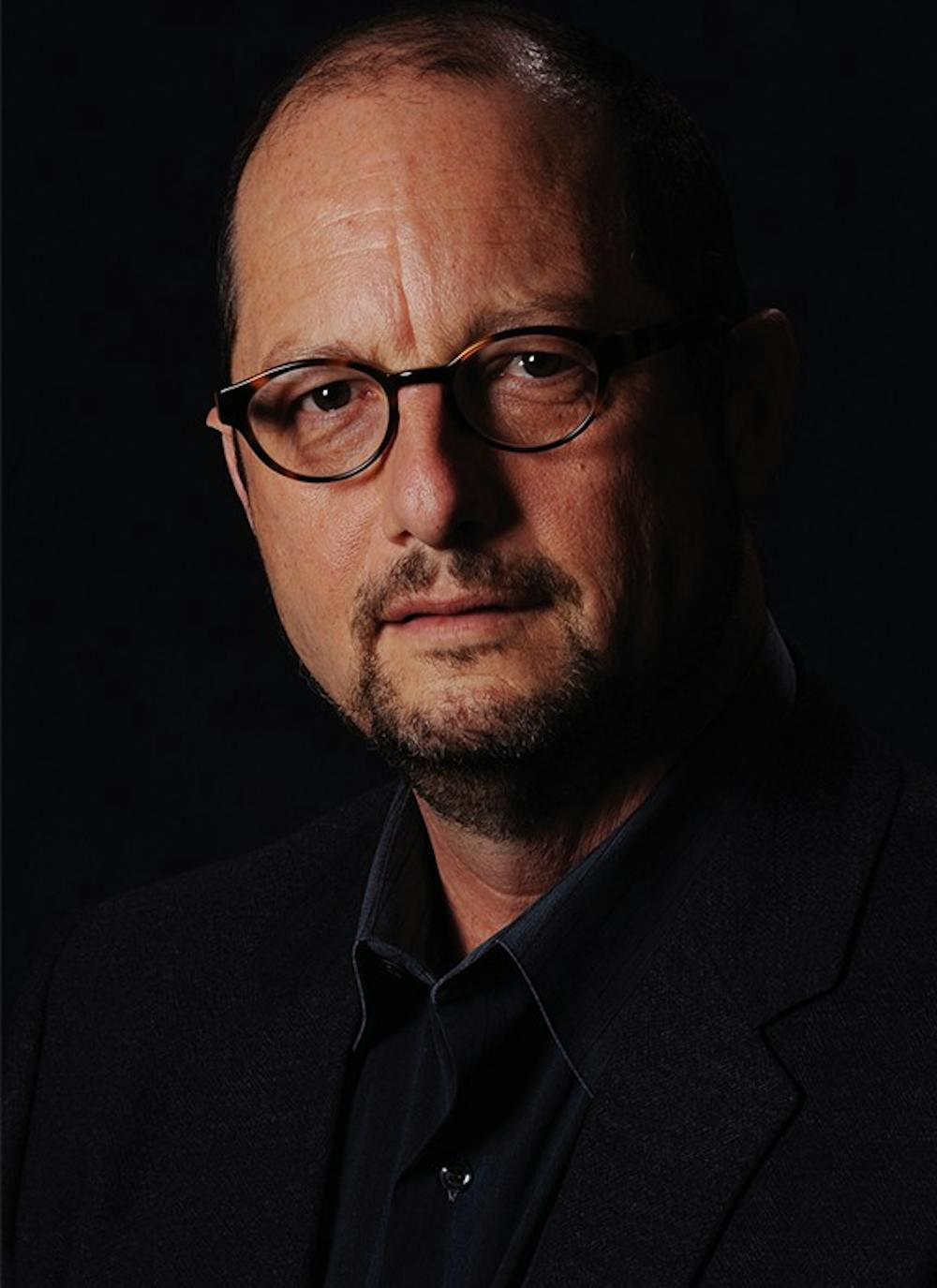New York Times bestselling author, UNC professor and former department of religious studies chairman Bart Ehrman is the author of more than 20 books that detail the history of early Christianity. His latest book, “How Jesus Became God: The Exaltation of a Jewish Preacher from Galilee,” describes the transformation of Jesus Christ from Galilean priest to the divine Son of God and creator of all things.
Staff writer Chinelo Umerah spoke with Ehrman about his book, from which he will be reading at Bull’s Head Bookshop today.
The Daily Tar Heel : What sort of extensive research went into developing the book?
Bart Ehrman : I’ve been working on this book for about eight years, and the reason I put so much time and effort into it is because I think this is really one of the most important questions — obviously for Christianity — in the history of all religion. Because if Jesus hadn’t been declared God by his followers, we wouldn’t have Christianity.
DTH: What do you think led Jesus’s followers to believe that he was the Son of God?
BE: What I argue in the book is that during his lifetime, Jesus did not call himself God, but that after his crucifixion, some of his followers came to believe he was raised from the dead, and it is the belief that he had been raised from the dead that made them think that God had made him into a divine being.
Once they thought God had made him into a divine being, they started developing the idea that in fact he was a divine being, that he had always been a divine being, and so the whole proclamation that Jesus is God goes back to (the) belief of the disciples that Jesus was raised from the dead.
DTH: What sort of sources did you turn to for research for your book?
BE: A good part of the book is analyzing different texts from the New Testament, and I try to show that different authors of the New Testament mean different things when they call Jesus “God.” And that most of the authors of the New Testament actually don’t mean what Christians today mean when they say Jesus is God. In the ancient world, they had a different understanding of the relationship between the divine realm and the human realm — so today we tend to think that humans are one thing and that God is a different thing, and that there is an unbridgeable chasm between us and God.




